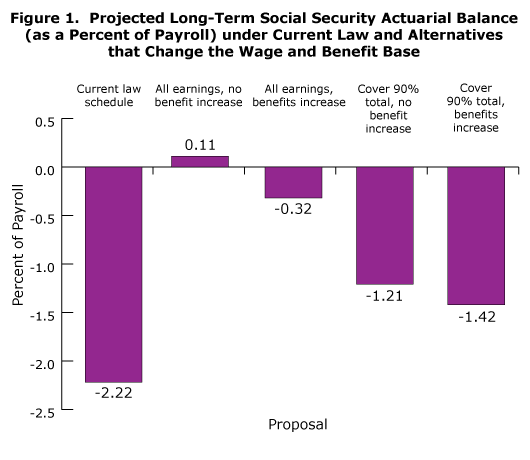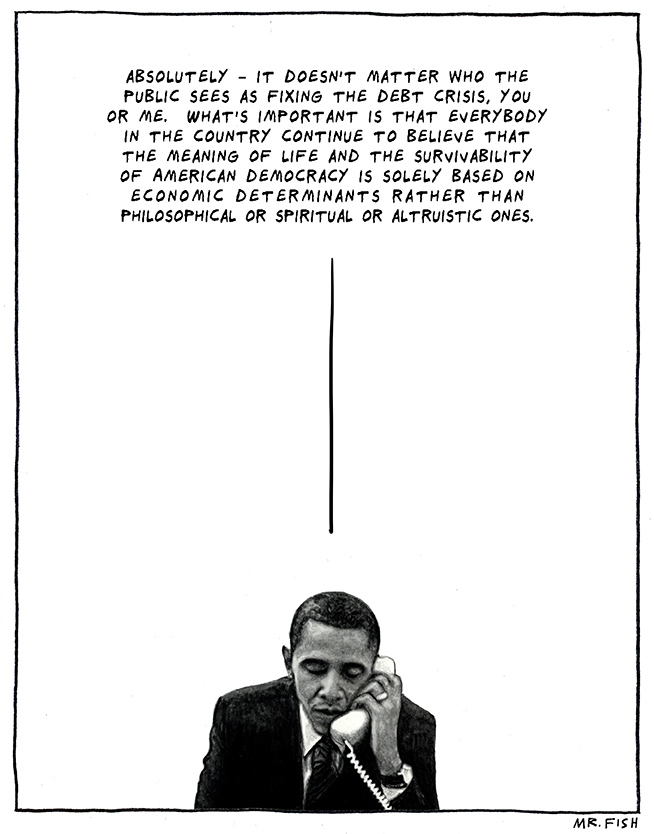Glenn Greenwald in the Guardian:
The National Security Agency is currently collecting the telephone records of millions of US customers of Verizon, one of America’s largest telecoms providers, under a top secret court order issued in April.
The order, a copy of which has been obtained by the Guardian, requires Verizon on an “ongoing, daily basis” to give the NSA information on all telephone calls in its systems, both within the US and between the US and other countries.
The document shows for the first time that under the Obama administration the communication records of millions of US citizens are being collected indiscriminately and in bulk – regardless of whether they are suspected of any wrongdoing.
The secret Foreign Intelligence Surveillance Court (Fisa) granted the order to the FBI on April 25, giving the government unlimited authority to obtain the data for a specified three-month period ending on July 19.
Under the terms of the blanket order, the numbers of both parties on a call are handed over, as is location data, call duration, unique identifiers, and the time and duration of all calls. The contents of the conversation itself are not covered.
So, if you’re a Verizon customer, your government knows who you called, where you were when you called them, where they were and how long you spoke with them. (To clarify, there are two surveillance programs in the news: an named NSA program where phone records of Americans are the target of the surveillance and PRISM, also an NSA program, where on-line communications of foreigners are the target of surveillance. Domestic surveillance is the big issue as far as I’m concerned.) But, hey, no biggee because they didn’t record the actual conversation and there are checks in place to prevent abuse, right? No reason to be uncomfortable with the fact that any calls you made to Tea-Party-sympathizer cousin or Occupy-Wall-Street-sympathizer brother-in-law are part of some government database, right? Like I said, it’s only metadata and there are checks in place to prevent abuse. Just listen to the president (after all, he’s listening to you…):
“If people can’t trust not only the executive branch but also don’t trust Congress and don’t trust federal judges to make sure that we’re abiding by the Constitution and due process and rule of law, then we’re going to have some problems here.”
– Pres. Barack Obama, 7 June 2013


